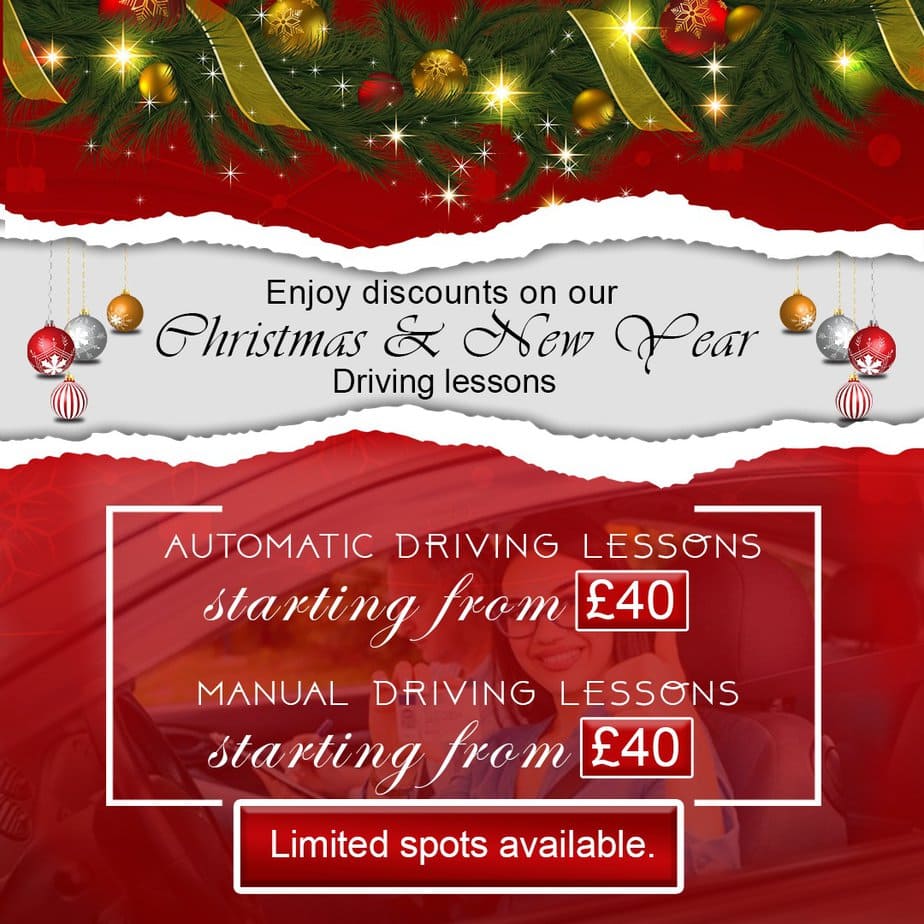The Ten Secret Ways Cost Effective Driving !
You don’t have to travel far to find the most effective money saving tips – they’re sat right in the driver’s seat. You could spend weeks looking for cheap deals on petrol, replacement parts and more. Or you can hone your skills behind the wheel and watch the fuel and repair bills tumble. Here’s how.
1. Start on the clutch
Once upon a time, you had to give it some gas to get a car running. Not anymore. Today’s cars have electronics to regulate the starting process, so you don’t need to accelerate until you’re moving. Pressing the pedal early simply wastes petrol and causes needless engine wear.
2. Keep it steady
When you’re on the move, avoid harsh breaking and acceleration. Driving with dips like this can increase fuel usage by up to 20%. On short stretches or in traffic, try to plan ahead and brake or accelerate steadily. On a long, straight stretch, switch on cruise control if you have it.
3. Change up early
According to the Energy Saving Trust, both petrol and diesel cars consume less fuel when you shift up at low RPM (2000-2500 RPM) and 50% accelerator position. So don’t wait for the engine to cry out before you give it the gear change.
4. Avoid high speeds
You can drive 70mph on the motorway – but that’s a limit, not a target. In fact, the average car uses 15% more petrol at 75mph than at 60mph. So if you want to save money, keep your speed down.
5. Streamline
Weight and wind resistance play a big part in fuel consumption. Removing a rooftop cargo box, for example, can reduce fuel usage by 20%. You can also reduce drag by keeping windows closed at high speeds and getting rid of things you don’t need from the boot before you set off.
6. Use the right oil
Your owner’s manual will tell you the recommended oil grade for your car. If you accidentally use the wrong grade, it can reduce your car’s mpg by 1-2%. While you’re checking the grade, you can also look at optional extras like fully synthetic oil. This could improve performance and reduce emissions.
7. Clean your filter
A study by the US Department of Energy found that clogged air filters can reduce gas mileage in older cars by up to 14%. Newer cars don’t suffer as badly, but a clogged filter hurts acceleration and keeps you in those low gears longer. That means keeping it clean will always pay off.
8. Check your tyres
You’ll find the best tyre pressure in your manual or on a sticker on the door pillar. When the tyres are cold, head to a service station to check the pressure and top up. If your tyres are underinflated by 15psi, they increase fuel usage by 6%.
9. Get regular services
You can’t monitor and maintain everything yourself. Go to a garage regularly to make sure everything’s working at its best. It’ll save fuel and part replacement costs in the long run.
Need help keeping track of your progress? With the O2 Drive app, you can monitor how you drive and keep an eye on any changes you make. If you’ve got O2 Drive insurance, you’ll also get our Car Assistant to help you find and book those check-ups.




